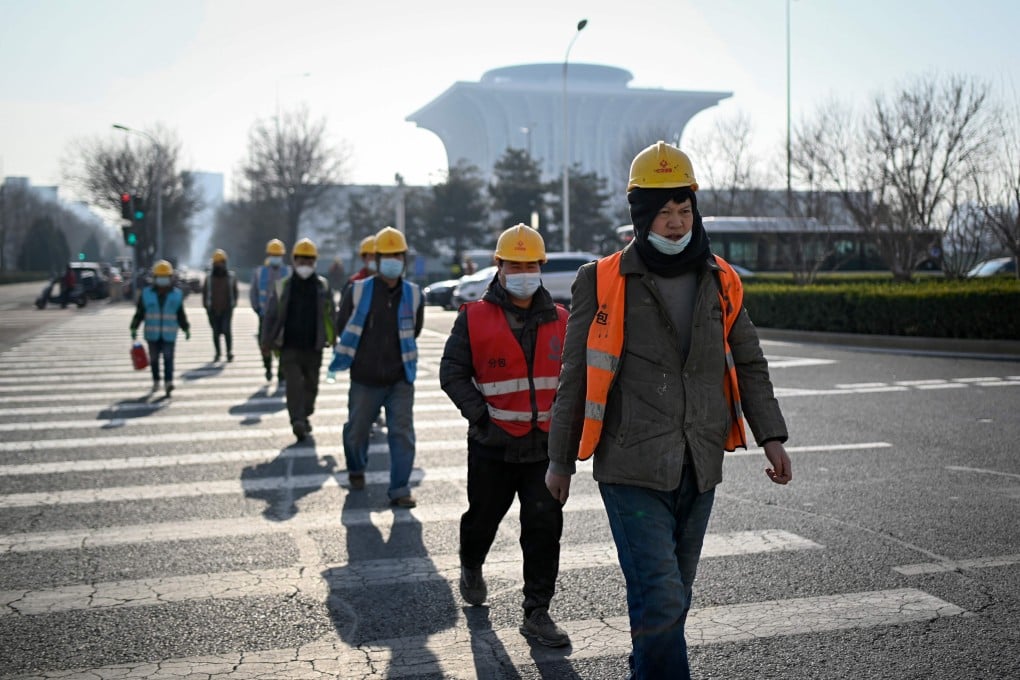Explainer | Why labour rights issues may sink the EU-China investment deal
- Landmark agreement still needs final approval and it’s likely to face resistance from European lawmakers over human rights
- Beijing has agreed to ratify two international conventions on forced labour, but critics say the pact lacks enforcement measures

What’s next for the deal?
The agreement will go through further legal and technical revisions before it is submitted for approval by the European Council and European Parliament, a process the EU has said it wants completed by early 2022. It is expected to face intense resistance from some European lawmakers, while international unionists – who say the pact will do nothing to stop human rights abuses or protect labour rights in China – have vowed to ramp up pressure over the deal.
Christoph Scherrer, a professor of globalisation and politics and executive director of the International Centre for Development and Decent Work at the University of Kassel in Germany, said the language in the CAI “prioritises clearly free trade and investment over labour rights”.
“While encouraging investment by weakening domestic labour laws is called ‘inappropriate’, it also says ‘a party shall not apply domestic labour laws in a manner that would constitute a disguised restriction of investment’ as emphasised by the author of the agreement,” he said.
Why are workers’ rights so contentious?

02:27
US declares China has committed genocide in its treatment of Uygurs in Xinjiang